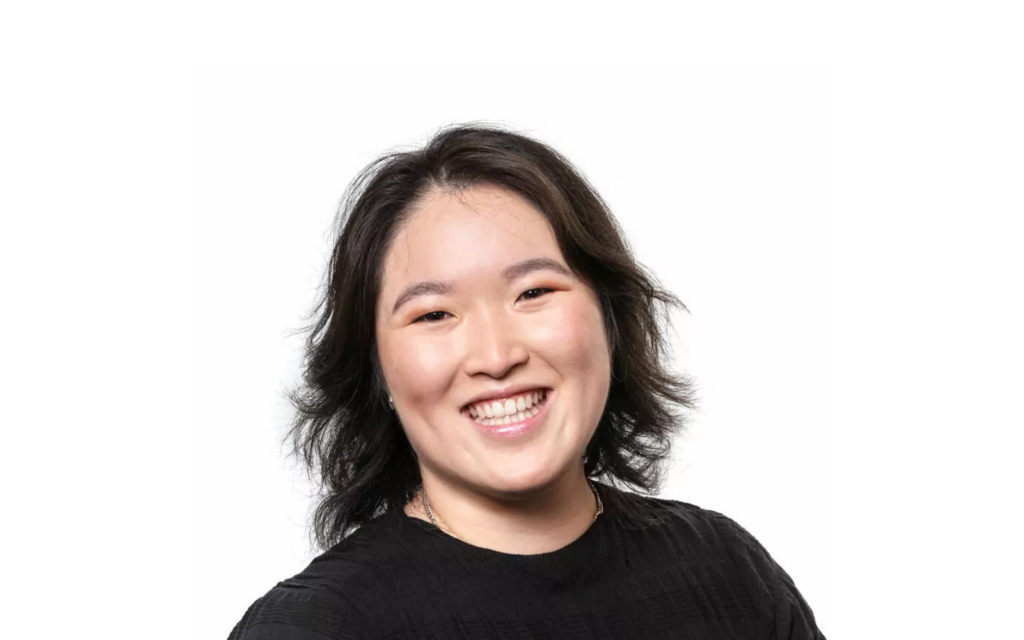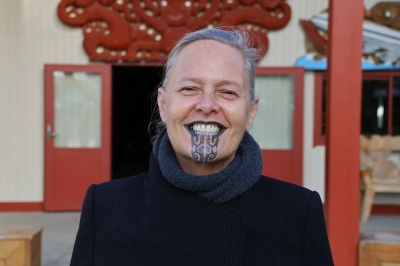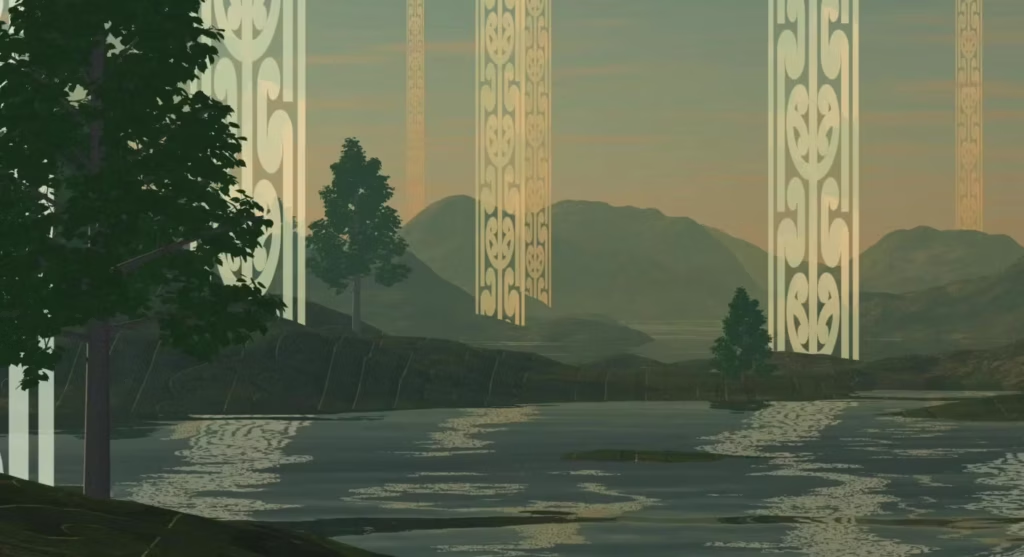Manukura | Rawiri Ihimaera
Published:
June 3, 2025

Me hokikoe ki tōMaunga kia pureakoeengā hau o Tāwhirimātea
Return to your mountain to be cleansed by the healing winds of Tāwhirimātea
If you have the opportunity, climb your mountain, swim in your rivers, work on your marae, and feel the ancestral connection to your whenua.
Te taha o tōku Matua
Ko Whakarongorua, ko Pou-e-rua ngā Maunga
Ko Utakura, ko Waitangi ngā Awa
Ko Mataitaua, ko Oromahoe, ko Te Tii ngā Marae
Ko Ngātokimatawhaorua te Waka
Ko Ngāti Toro, ko Ngāti Kawa, ko Ngāti Rāhiri ngā Hapū
Ko Ngāpuhi te Iwi
Te taha o tōku Whaea
Ko Tarakeha te Maunga
Ko Moetangi te Awa
Ko Mātihetihe te Marae
Ko Tinana te Waka
Ko Hokokeha te Hapū
Ko Te Rarawa te Iwi
Ko Rawiri tōku ingoa
Rawiri Ihimaera works as the Dapaanz Pou Rautaki, culturally supporting Dapaanz kaimahi and Māori membership to thrive in the addiction sector. He also works for Waihōpai Hauora in Invercargill assessing kaiuru (inmates) across the Corrections space for eligibility to attend suitable addiction programmes in prison.
An important part of his role is to take note of the views that the Māori members have about Dapaanz and ensure that their thoughts and experiences are heard, validated and acted on. Rawiri recognizes that Māori have been negatively impacted by colonization, and many are disconnected from te ao Māori (the Māori world) resulting in inequities across all social determinants of health including higher rates of addiction. Rawiri is an advocate for employing Māori approaches to address addiction for Māori and all New Zealanders.
Ka pū te ruha, ka hao te rangatahi – Rawiri would love to see more younger Māori entering the addiction sector given that it is an aging workforce. Rawiri is working with tertiary training providers across Aotearoa, leveraging these relationships to help make addiction treatment education more appealing and accessible to younger people.
Rawiri is working with a group of addiction leaders to review and refresh Te Kowhao (Dapaanz Tiriti o Waitangi policy), Aronui supervision guidelines and the Addiction Competency Framework ensuring the Māori content in these documents are relevant, uplifting, and a reflection of te ao Māori.
Alongside his Dapaanz role, Rawiri also has a 0.4 addiction role in Invercargill (Waihōpai Hauora). Rawiri works as a national assessor across the Corrections Service completing comprehensive assessments and using the DSM-5 assessment tool to match Kaiuru (prisoners) to appropriate addiction programmes. Rawiri also facilitates tikanga-based programmes in the Invercargill Prison and noho marae for probation clients, supporting Māori to reclaim their cultural identities through culturally grounded approaches.
Greatest Challenge and Growth
Rawiri’s greatest challenge—and source of profound personal growth—came following the passing of his grandmother. Her death marked a turning point in Rawiri’s life that opened doors for him to walk through and learn about te ao Maori. Rawiri and his whanau bravely moved from Manurewa to Mitimiti up in the Hokianga. Rawiri had little knowledge about his own pepeha, but through this deeply personal journey of reconnection, he came to embrace and personify his identity. His first addiction role was with Ngāti Hine Health Trust more than 15 years ago and was pivotal to providing a space where his cultural and clinical transformation could take root. This experience not only deepened his cultural grounding but planted seeds to guide his work and leadership today.
Advice to Emerging Leaders
E hara taku toa i te toa takitahi engari he toa takimano kē – My strength does not come from working alone but from working together. Rawiri encourages emerging Māori and Pasifika leaders to find strength through connection together and to allow their cultural skills, experiences and Polynesian values to shine brightly in the addiction workforce.
Inspirations
Rawiri draws inspiration from numerous people including the many legends in the sector, the countless heroes doing the daily grind in the community and most importantly from his own whānau including his wife, his tamariki and his many mokopuna.


